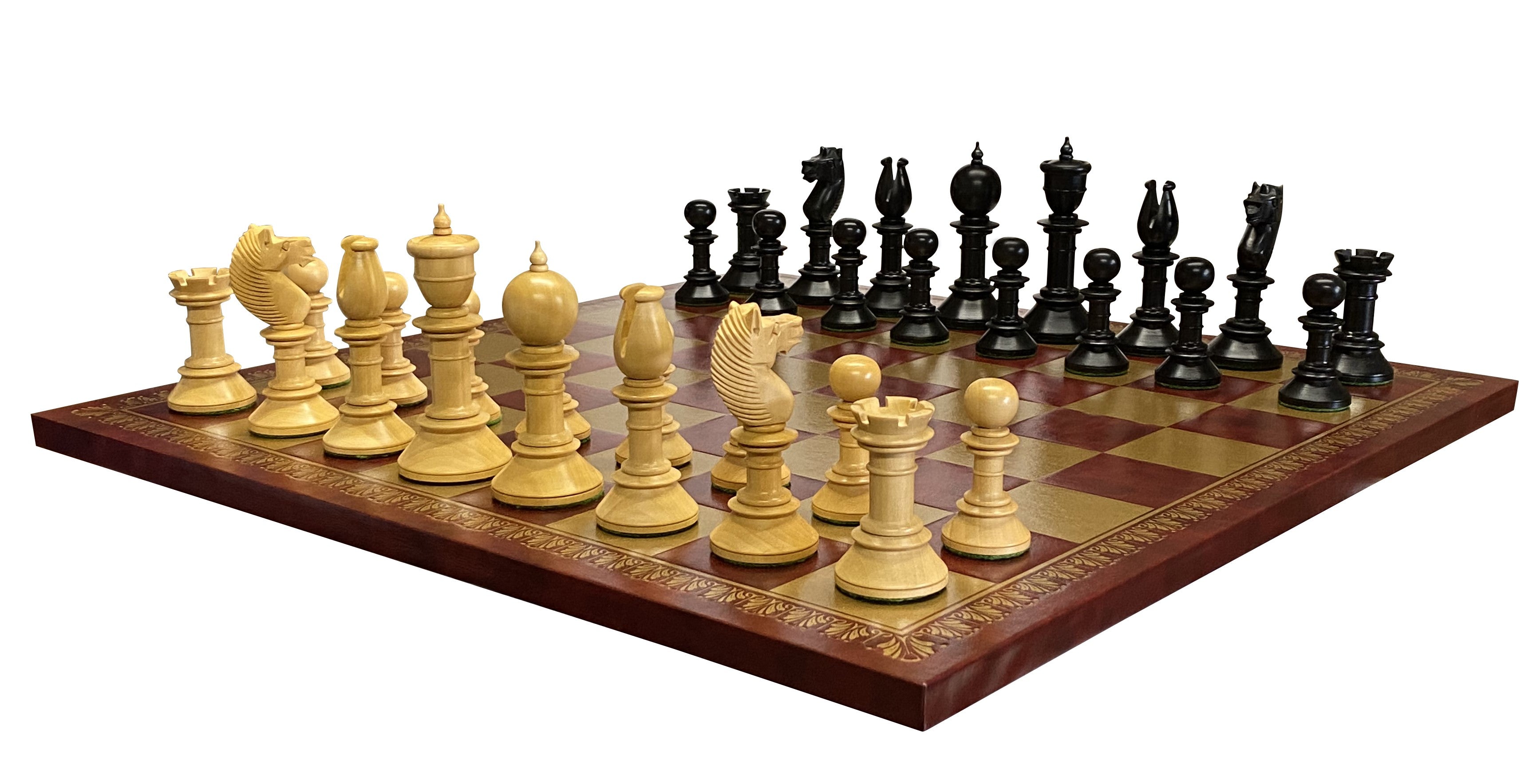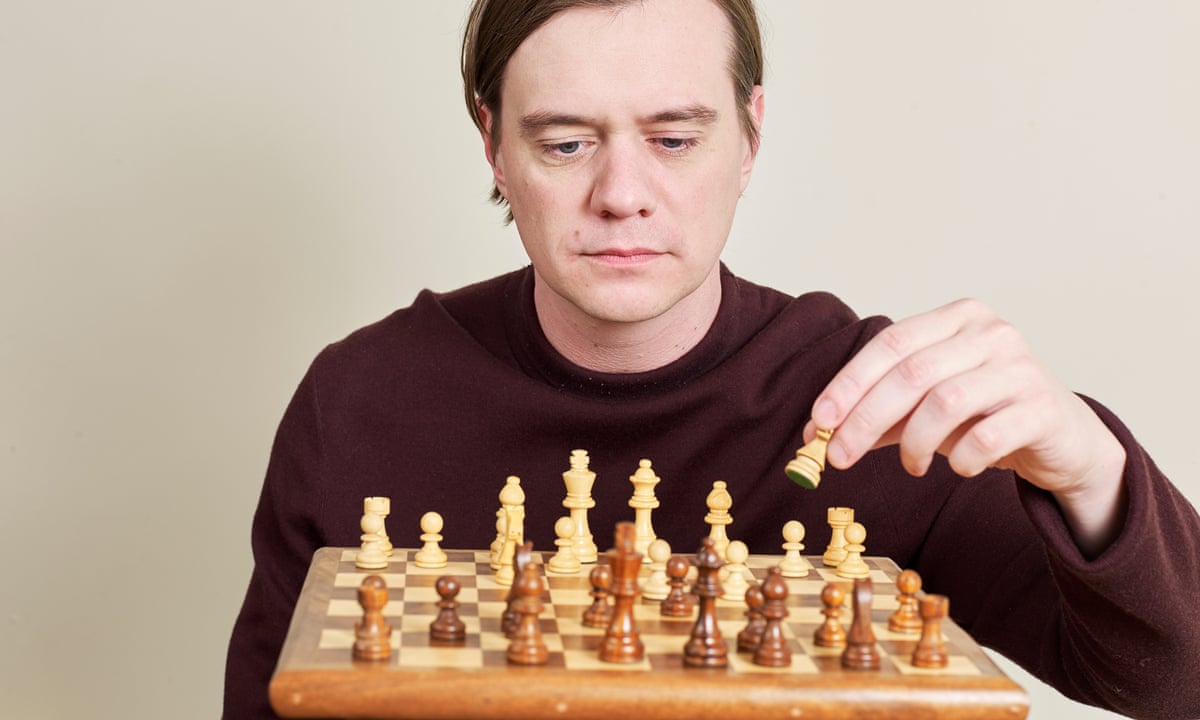All Regarding Chess: Discover the Fascinating History and Strategies Behind the Game
Chess, with its origins dating back to 6th century India, has actually changed greatly over the centuries. This game has captivated minds worldwide, showcasing the sparkle of fabulous gamers like Garry Kasparov and Bobby Fischer. Comprehending the complexities of chess, from the motions of each piece to vital approaches, reveals its depth. The concern stays: what drives the withstanding fascination with this ancient game? Discovering its history and approaches might uncover much deeper insights.
The Beginnings of Chess: A Trip Via Time
The specific beginnings of chess continue to be unsure, historic proof suggests that the game advanced from earlier approaches played in India around the 6th century. Understood as Chaturanga, this very early kind of chess featured pieces representing infantry, cavalry, elephants, and chariots, mirroring the military tactics of the time. As Chaturanga spread with trade paths, it adjusted to different societies, bring about the creation of Shatranj in Persia. This alternative introduced brand-new rules and piece movements, laying the structure for modern chess.
Chess Prodigies: Notable Figures in the Game's Background
Throughout chess background, impressive prodigies have emerged, shaping the game's landscape and inspiring future generations. From fabulous champs that controlled the boards in their time to contemporary talents redefining the limits of young people and ability, these gamers have actually made enduring marks on the sporting activity. Their tales highlight not only private luster yet additionally the evolving nature of chess as a competitive undertaking.
Famous Chess Champions
Chess has actually been shaped by the brilliance of various famous champs whose payments have actually left an enduring mark on the game. Numbers like Garry Kasparov, known for his vibrant design and unequaled critical depth, dominated the chess globe during the late 20th century. Anatoly Karpov, his opponent, showcased phenomenal positional understanding and mental prowess, securing multiple world titles. Bobby Fischer, an American natural born player, changed chess with his exceptional ability and intense focus, finishing in his 1972 Globe Championship victory. Additionally, José Raúl Capablanca's all-natural ability and endgame proficiency set brand-new criteria in the early 20th century. These champions not just stood out in competition but additionally influenced generations, shaping chess right into an international phenomenon commemorated for its intellectual roughness and virtuosity.
Modern-Day Prodigies
What makes a chess prodigy genuinely exceptional? The ability to understand intricate strategies at a remarkably young age establishes them apart. Modern-day chess prodigies like Magnus Carlsen, Fabiano Caruana, and Alireza Firouzja have actually mesmerized audiences with their remarkable talent. Carlsen, coming to be a Grandmaster at simply 13, redefined assumptions and rose to Globe Champ condition. Caruana, known for his deep prep work and tactical expertise, has actually consistently challenged the elite. Firouzja, born in 2003, stands for the brand-new generation, incorporating creativity with unrelenting passion. These players exhibit a blend of inherent skill, extensive training, and mental perseverance, affecting the game's evolution. Their contributions guarantee that chess stays a vibrant and vivid discipline, motivating future generations of gamers worldwide.
Understanding the Chessboard: Pieces and Their Activities
The chessboard functions as the combat zone where facility techniques unfold, featuring a special collection of items, each with distinct movements and duties. Consisting of 64 squares arranged in an 8x8 grid, it is home to the king, queen, rooks, knights, bishops, and pawns. The king, the most crucial item, relocates one square in any kind of instructions, while the queen, one of the most powerful, can traverse any kind of variety of squares up and down, horizontally, or diagonally. Rooks relocate straight lines, whereas bishops slide diagonally across the board. Knights have a distinct L-shaped movement, leaping over various other pieces. Pawns advance one square however capture diagonally, with the choice to relocate two squares ahead on their first step. Each item's motion adds to the elaborate dancing of approach and tactics, making the chessboard a vibrant stage for intellectual battle. Understanding these motions is fundamental for players aiming to navigate the intricacies of the game.

Necessary Approaches for Beginners: Tips to Boost Your Game
Grasping the activities of chess items prepares for creating effective techniques. For novices, concentrating on managing the center of the board is essential. This permits higher flexibility and influence over the game. Establishing pieces early, as opposed to relocating the exact my latest blog post same item several times, can help establish a solid setting.
In addition, players should focus on king safety and security by castling early, ensuring the king is concealed from risks. Recognizing tactical possibilities, such as forks, pins, and skewers, can supply advantages in material gain. It is also essential to plan ahead; anticipating an opponent's relocations promotes better defensive and offensive play.
Keeping a well balanced method in between hostile and defensive strategies can protect against unnecessary mistakes. By applying these fundamental techniques, beginners can improve their gameplay and develop a strong structure for future renovation in chess.
Advanced Strategies: Raising Your Chess Skills
In the domain name of chess, mastering advanced methods can considerably enhance a player's capacity. Recognizing tactical patterns, mastering endgame strategies, and recognizing opening up principles are crucial components that boost one's game. These parts not just boost overall efficiency but additionally foster deeper critical reasoning.

Tactical Patterns Recognition
Recognizing tactical patterns is necessary for raising chess skills to a greater degree. Gamers who grasp these patterns can determine opportunities for tactical maneuvers, improving their possibilities of success. Typical patterns include forks, pins, skewers, and discovered attacks, each offering critical advantages when implemented efficiently. Recognizing these themes allows players to anticipate their challenger's steps and counter them effectively. Furthermore, researching classic games can reveal exactly how masters employed tactical patterns to secure triumphes. Routine method and evaluation of one's own video games can further reinforce pattern acknowledgment, allowing players to react quickly and properly throughout suits. Eventually, refining this skill transforms the strategy to chess, linking the gap between amateur and innovative play.
Endgame Approaches Proficiency
Efficient endgame methods can considerably affect the end result of a chess suit, usually determining the difference between a win and a draw. Advanced players understand the value of item control and the utilization of pawns in the endgame. Secret tactics consist of advertising pawns to queens and creating passed pawns that can progress unimpeded. Identifying essential placements, such as the opposition and zugzwang, is necessary for accomplishing advantageous arrangements. Proficiency of endgame methods, such as king and pawn versus king situations, can transform possible losses right into attracts or wins. Gamers must likewise concentrate on simplifying the position when in advance, exchanging items to transform material advantages into success. Continual practice and evaluation of endgame pop over to these guys settings will elevate a player's general chess skills considerably.
Opening Up Concepts Comprehending
Mastering endgame approaches lays a strong structure for understanding opening up concepts. In chess, the opening phase is essential as it sets the stage for the middle game. Chess. Gamers should prioritize control of the center, creating items successfully, and ensuring king safety. Effective openings often entail moving pawns to develop main prominence while coordinating minor and significant pieces for peak activity. The concepts highlight not moving the very same item numerous times without need and avoiding very early queen advancement, which can bring about susceptability. By sticking to these foundational approaches, gamers can develop a solid framework that boosts why not check here their tactical possibilities later in the game. Recognizing these opening up concepts is important for boosting one's chess abilities and attaining success

The Cultural Impact of Chess: Why It Issues Today
Chess, a video game with roots tracing back over a millennium, remains to put in an extensive cultural impact across the globe. It goes beyond simple entertainment, acting as a tool for education and learning, important reasoning, and social interaction. Many academic institutions incorporate chess into their curricula, advertising cognitive growth and strategic reasoning amongst trainees. The game likewise promotes inclusivity, bringing together diverse communities and motivating intergenerational links.
Chess has penetrated popular society, inspiring literature, movies, and also style. Renowned figures like Bobby Fischer and Garry Kasparov have come to be social icons, illustrating the game's potential for personal and nationwide satisfaction. In the electronic age, online platforms have further equalized accessibility to chess, enabling millions to involve with the game. As culture encounters complex challenges, chess stays appropriate, supplying lessons in perseverance, foresight, and durability, consequently reinforcing its importance in modern-day society and life.
Frequently Asked Inquiries
Exactly How Has Chess Influenced Popular Society and Media?
Chess has substantially influenced prominent society and media, showing up in films, literary works, and art. It represents intellect and technique, inspiring narratives and characters while advertising styles of problem, competitors, and the human experience.
What Are the Benefits of Playing Chess for Mental Health?

Are There Different Chess Variants Played Around the Globe?
Yes, various chess variations are played around the world, including Bughouse, Chess960, and Three-check chess. Each alternative presents unique regulations and strategies, giving gamers with diverse experiences and challenges that vary from traditional chess.
Just How Do Chess Engines and AI Influence Modern Chess?
Chess engines and AI greatly boost modern chess by supplying innovative analysis, improving gamer skills, and affecting methods. They function as training devices and competitors aids, changing exactly how gamers approach the game at all degrees.
What Are Typical Misconceptions Regarding Chess Players?
Common false impressions about chess players consist of the belief that they are all withdrawn geniuses, entirely concentrated on technique. Chess. In reality, gamers vary greatly in personality, background, and method, typically delighting in social communications and diverse passions